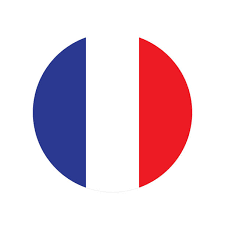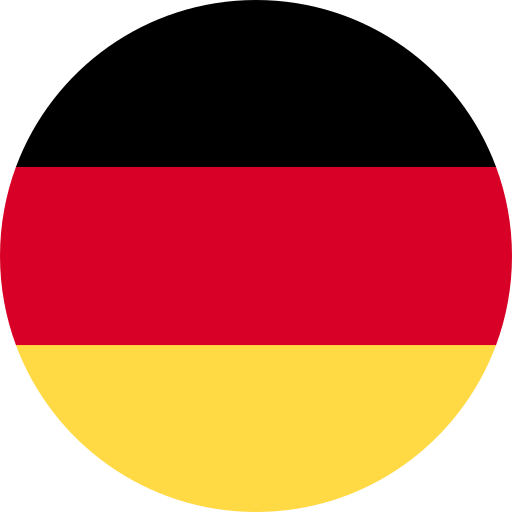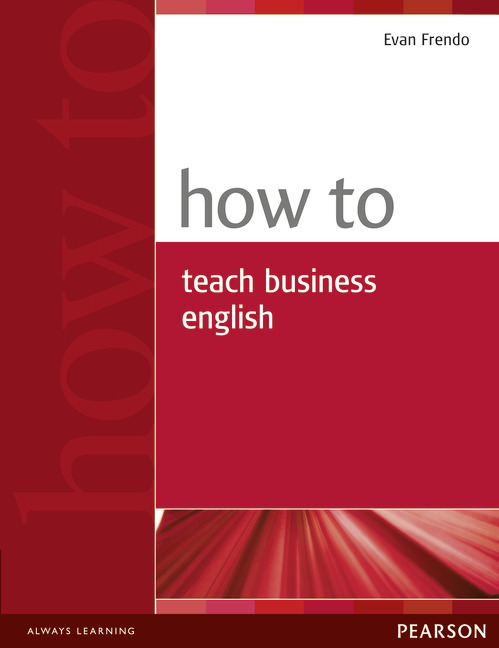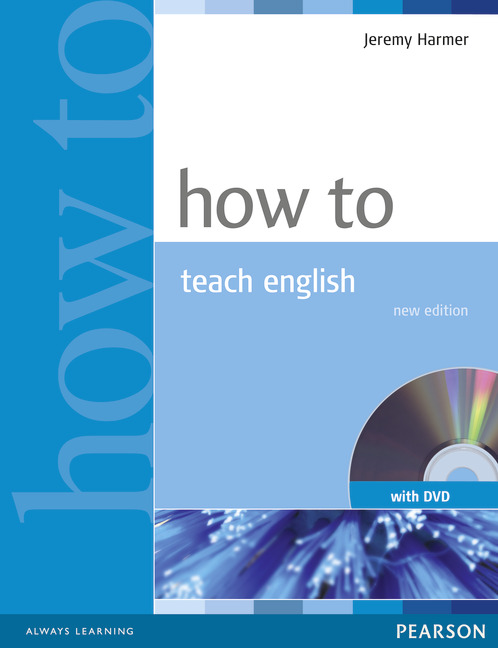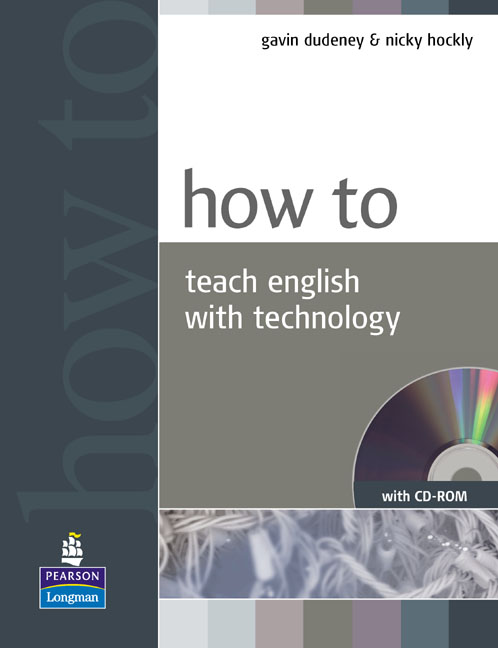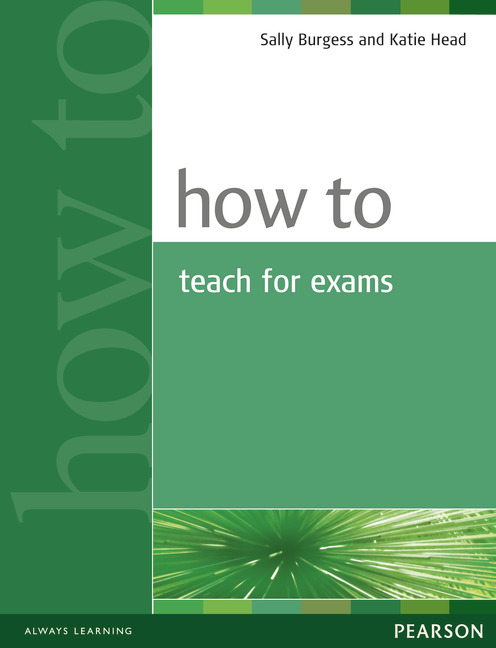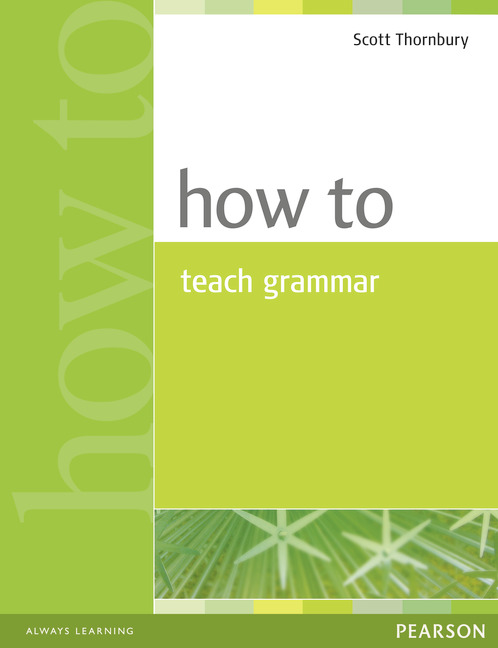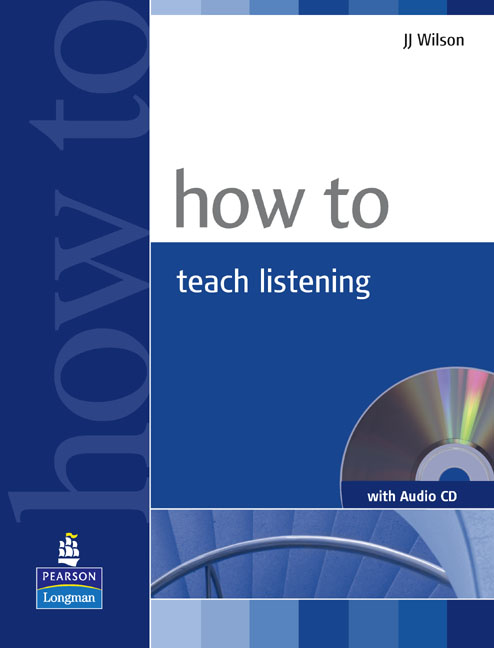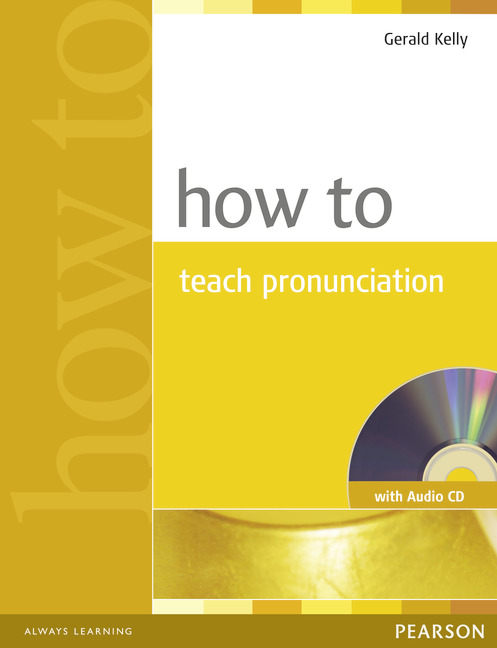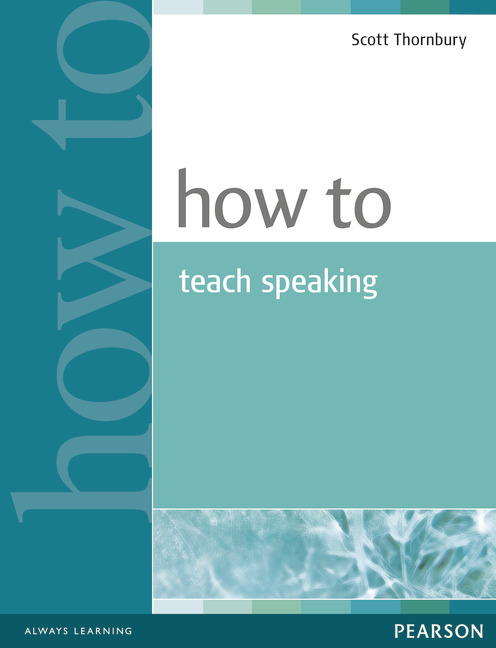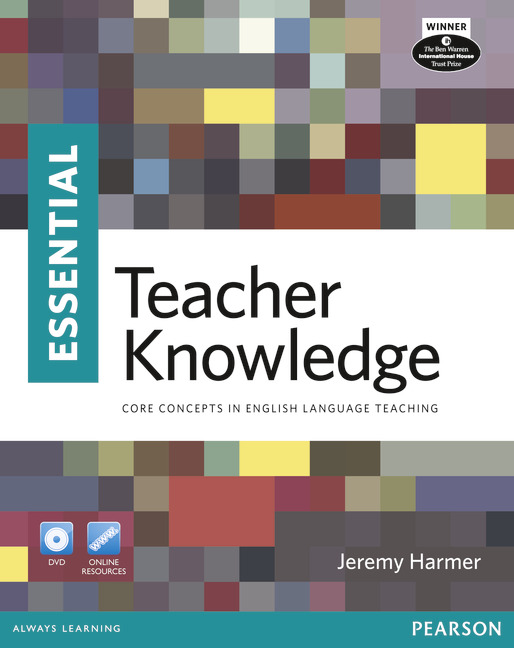Best books for the English teacher: methodology and practical teaching books
Oleksandra Kulish
Book expert
Teaching in the full sense of the word is not only a transfer of knowledge. It is a real art that requires special flexibility of mind, the right approach to every aspect of the learning process and even acting. And the further a teacher goes, the more he or she has to learn new information, master new approaches to teaching, because the world is changing, the methods and goals of education are changing, and people are changing too.
That is why every teacher understands the value of professional pedagogical literature - works that systematically and comprehensively present educational methods. A good manual on methodology and practical teaching is always a useful source of information, which, thanks to a competent structure and holistic approach, will be relevant for many years. Today we would like to talk about such literature, as well as about modern methodology books for teaching students and professionals.

The best books for English teachers: tips and advice on selection
First of all, we should talk about the principles of choosing such literature. There are quite a lot of different manuals and most of the really popular ones are excellent books that have a high pedagogical value. However, they are not always appropriate in a particular situation and it is important for a teacher to choose the one that will be most practical for his or her purposes.
Before choosing a book, it is important to consider its content, level of complexity and subject matter. For example, novice teachers may find books on the basics of teaching methodology suitable, while experienced teachers may be interested in materials on innovative approaches and narrowly focused methods. Of course, different approaches are needed for school, university or course work. In addition, books for English teachers can focus on both general and more specific skills, such as speaking, grammar and listening.
There are also manuals that are more practical than informative. They do not contain specific exercises, but examples, lesson plans and practical advice. With their help, the teacher will be able to more easily develop his own teaching plan, which will be most appropriate in his field. This is especially useful if the field is highly specialised and there are few or no specific lesson plans available - it is not always easy to get the necessary literature quickly.
Tools for Effective Teaching: Best Books for English Teachers
We will present several popular books for English teachers that will help familiarise you with the basics of teaching. They are considered a base and are used for teaching in many teacher education institutions.
- "How to Teach English with Technology" (Gavin Dudeney).
A good book as a one-stop guide for teachers on the use of modern technology in teaching. It covers various aspects of digital learning, including grammar, vocabulary, pronunciation and listening, as well as pedagogical strategies. In fact, it provides a comprehensive and very exhaustive overview of techniques and emphasises not only theory but also practice.
- "How to Teach English" (Jeremy Harmer).
An excellent reference book for beginning teachers. It sets out in simple language the theory of teaching, basic teaching tools, and practical examples that can be used as is or customised to suit your needs. The book emphasises the need for interactivity in the classroom and develops this idea fully.
- "The Practice of English Language Teaching" (Jeremy Harmer).
A classic textbook covering approaches to teaching at different levels and with different objectives. An excellent book for advanced teachers who want to specialise in a particular area. It covers different teaching methodologies in quite a lot of detail and discusses aspects related to student motivation, classroom management. It also has interesting examples of lessons for students of different levels.
Methods and approaches to teaching English
There comes a time in every teacher's life when he or she wants not only to conduct lessons according to pre-drawn plans, but also to manage the educational process. The following textbooks will be a great help for this.
- "Essential Teacher Knowledge Book" (Harmer).
Perhaps one of the most, if not the most popular book for teachers who want to take the first step towards delving deeper into the educational process. It doesn't just describe lesson structure and various teaching techniques, but also their principles and strategy. In it you will find quite a lot of advice on teaching techniques and the logic of their use, tools to motivate students, and learn how to manage the learning process.
- "The Official Guide to PTE Academic for Teachers" (David Hill).
The book is primarily aimed at interacting with students, supporting their interest in the learning process. It is also designed to help them develop critical thinking and interaction skills. It is used by teachers who work with older students in schools, universities and beyond.
- "A Course in Language Teaching: Practice and Theory" (Penny Ur).
A fairly in-depth reference book that covers both the theory and practice of teaching English. Excellent for experienced teachers as professional development. At the same time, the book is quite versatile, describing interesting tools for developing reading, writing, listening and speaking skills that will be of interest to advanced students.

Books for the English teacher: how to improve your teaching skills
It is important for a teacher to regularly update their qualifications with up-to-date information. Only this ensures that the teacher will be in demand and provide really high quality knowledge:
- "Classroom Management Techniques" (Jim Scrivener).
The first step to becoming a qualified teacher is to acquire knowledge. But to effectively convey it to the class, you need to learn how to manage the audience, create a comfortable working atmosphere in the group. This book will help you do just that. Here you will find both basic guidelines and concrete examples of how to behave in different classroom situations.
- "The Essential Guide to Becoming a Teacher" (James Stronge).
Despite the title, which suggests that this is a guide for novice teachers, in fact the manual is quite thorough and in-depth in describing various aspects of teaching and can be used for professional development of teachers. It provides new insights into organising lessons, building relationships with students, using new technologies and, importantly, understanding what steps you can take as a professional to develop your own professional career.
- "Differentiated Instructional Strategies" (G. Gregory, C. Chapman).
An excellent book for teachers who work with audiences with different levels of English. The information provided here suggests different methods of teaching and adapting lessons to such audiences, and teaches how to turn differences in proficiency levels into an advantage in language learning. The book talks a lot about how some students can help others and vice versa.
Practical manuals and methodology books for English language teachers
Now that you have all the information you need about English language teaching methods and techniques, you can resort to learning practical pedagogical information and tools - various assignments and exercises.
- "Five-Minute Activities: A Resource Book of Short Activities" (Penny Ur, Andrew Wright).
This book is a teacher's desk book. In it you can find a lot of small quick exercises that will help you to diversify your lessons. Here you will find a lot of tasks on any subject, which you can add to the educational process. They are also perfect for warming up and consolidating the material.
- "English Grammar in Use 5th Edition" (Raymond Murphy).
A classic textbook that is also an excellent teaching aid for teachers. Here you will find many examples for learning and consolidating vocabulary and especially grammar. The tasks are very clear and have examples, so the tasks in this book can be given to students as homework.

>
Of course, the more different literature you use in your educational process, the better and more comprehensive it will be. Once you have studied enough literature, you will be able to combine different methodologies to develop new curricula, tools, and practical tasks. This will mean that you have learnt how to use educational information and tailor the learning process to your own needs, and therefore you have become a highly qualified teacher.
Other news
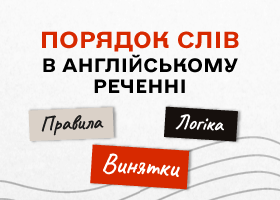
216
0
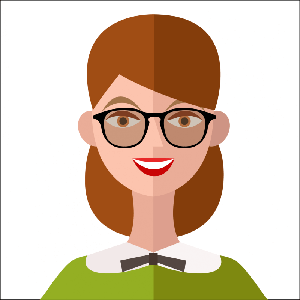
Oleksandra Kulish
Book expert
20 February 2026
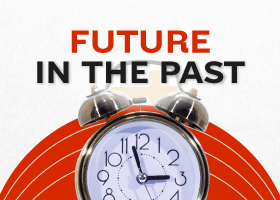
186
0

Oleksandra Kulish
Book expert
19 February 2026
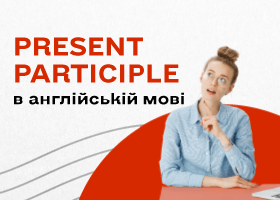
506
0

Oleksandra Kulish
Book expert
30 January 2026




